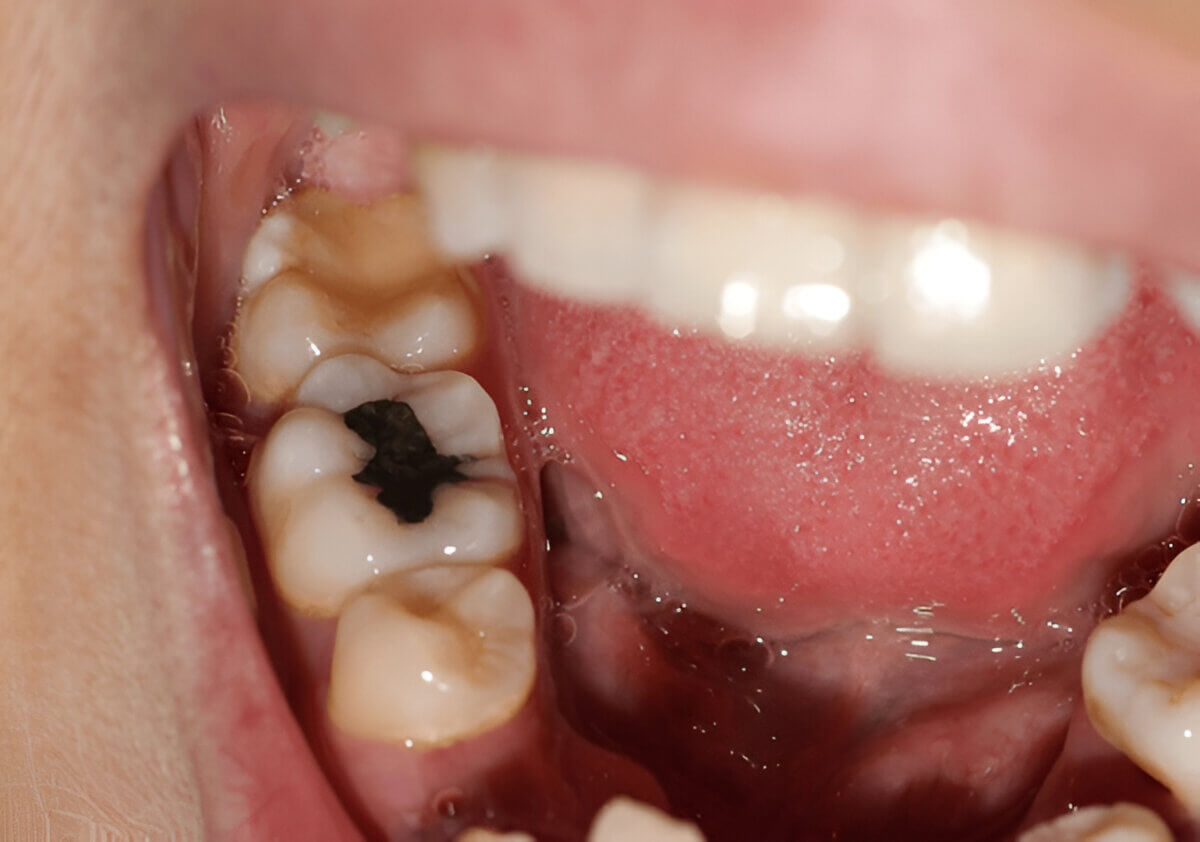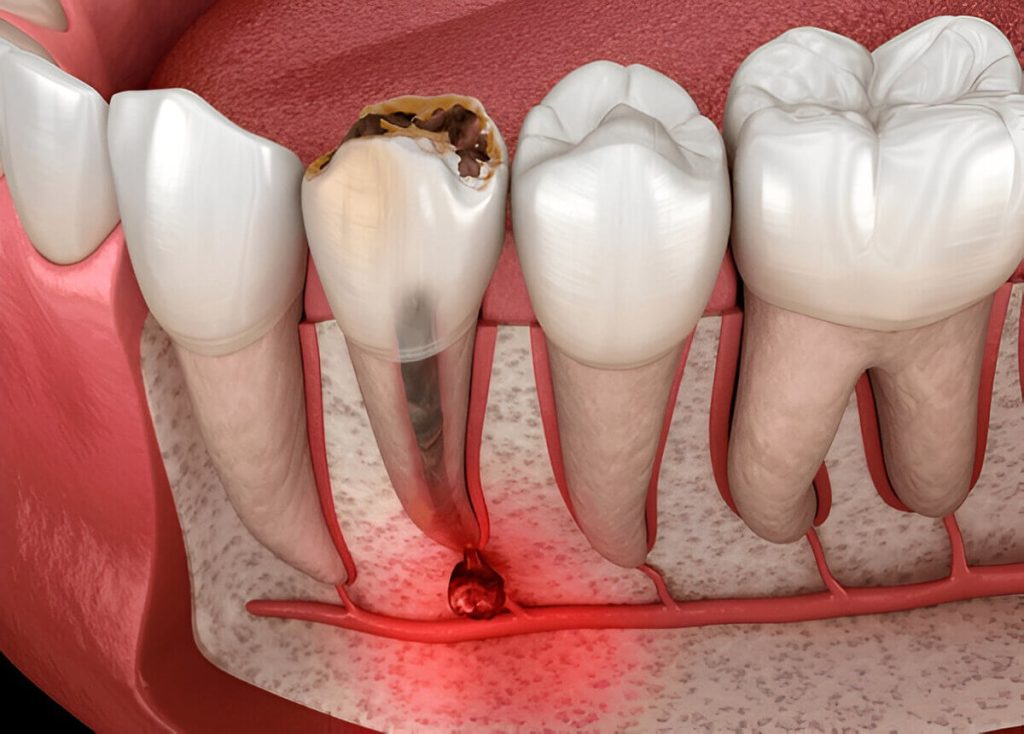
Tooth infections are serious, posing health risks if untreated. Understanding these dangers is crucial for dental health and avoiding complications. This text covers causes, symptoms, and progression of infections, showing their rapid danger if ignored. It explores treatment options to prevent complications and highlights preventive care’s importance in safeguarding against infections. This guide informs readers about the urgency of timely dental intervention and effective oral hygiene practices.
The Dangers of Ignoring a Tooth Infection
Ignoring a tooth infection can lead to serious consequences that extend far beyond oral discomfort. Tooth infections occur when bacteria invade the dental pulp, causing inflammation and pain. If left untreated, these infections pose significant risks not only to dental health but also to overall well-being.
One of the primary dangers of an untreated tooth infection is the potential for the infection to spread beyond the tooth itself. Bacteria can travel through blood vessels and reach other parts of the body, leading to severe complications such as an abscess or even sepsis, a life-threatening condition caused by the body’s response to infection.
Moreover, persistent infections can result in damage to surrounding teeth and bone structures, potentially leading to tooth loss and further deterioration of oral health. This underscores the importance of maintaining good dental hygiene practices and seeking prompt treatment at any sign of infection.
Furthermore, ignoring a tooth infection may exacerbate underlying health conditions. Research has shown links between poor oral health and systemic issues like cardiovascular disease and diabetes. Therefore, treating a tooth infection promptly is crucial not only for preserving your smile but also for safeguarding your overall health.
In conclusion, understanding the dangers associated with untreated tooth infections highlights the critical role that regular dental check-ups play in maintaining both oral and general health. Addressing issues early on can prevent more serious complications down the line, ensuring you maintain a healthy mouth (and body) for years to come.
What Causes a Tooth Infection and How Can It Spread?

A tooth infection, commonly referred to as a dental abscess, is primarily caused by bacterial invasion in the mouth. One of the leading causes is tooth decay, which occurs when plaque (a sticky film of bacteria) builds up on the teeth. If left untreated, this plaque can erode the enamel and reach deeper layers of the tooth, allowing bacteria to penetrate and infect the pulp at its core.
Once a bacterial infection takes hold within a tooth, it can lead to an abscess, an accumulation of pus that results from the body’s attempt to fight off infection. This condition not only causes significant pain but also poses a risk of spreading if not addressed promptly. The infection can extend beyond the affected tooth into surrounding tissues and even enter the bloodstream, leading to more severe health complications.
The spread of oral infections is facilitated by several factors. Poor oral hygiene practices allow bacteria to flourish unchecked in the mouth, increasing the likelihood of infections spreading from one area to another. Additionally, any open wounds or cuts in oral tissues provide pathways for bacteria to travel further into bodily systems.
Understanding these dynamics underscores the importance of maintaining good dental hygiene and seeking timely professional care for any signs of dental issues. Regular check-ups with a dentist help detect early signs of decay and prevent potential infections from escalating into more serious health concerns.
The Signs and Symptoms of a Serious Tooth Infection
A serious tooth infection, often referred to as a dental abscess, can present with a variety of concerning symptoms that require prompt attention. Recognizing these signs early can prevent the infection from spreading and causing more severe health issues.
One of the primary symptoms of a dental abscess is swollen gums and face. This swelling occurs as the body responds to the infection, often leading to noticeable puffiness around the affected area. In some cases, this swelling can extend beyond the gums and cheeks, potentially affecting the neck or jawline.
Fever from a tooth infection is another critical sign that should not be ignored. A fever indicates that your body is fighting off an infection, and when related to dental issues, it suggests that the problem may be escalating.
Perhaps most concerning are signs of spreading infection. If you experience difficulty breathing or swallowing, this could indicate that the infection has begun to spread beyond its original site. Additionally, persistent pain in other areas of your face or head might suggest that the bacteria have moved into surrounding tissues.
If you notice any combination of these symptoms (swollen gums and face, fever from tooth infection, or signs of spreading infection) it is essential to seek professional medical advice immediately. Early intervention by a dentist or healthcare provider can effectively manage a dental abscess before it leads to more serious complications.
How Quickly Can a Tooth Infection Become Dangerous?
Understanding the timeline of a tooth infection is crucial for preventing serious health complications. Dental infections, if left untreated, can progress rapidly, leading to severe consequences. The progression of dental infections typically starts with minor discomfort and can quickly escalate if not addressed promptly.
In the initial stage, you might experience mild pain or sensitivity around the affected tooth. This is often a sign that bacteria have infiltrated the tooth’s pulp, creating an abscess. The time frame for a tooth abscess to worsen can vary significantly depending on individual circumstances and immune response. However, it is generally within a few days to a week that symptoms can intensify.
As the infection progresses into critical stages, swelling may occur in the gums or face, and pain becomes more pronounced. If these symptoms are ignored, there is a risk of the infection spreading beyond the oral cavity to other parts of the body. This could lead to life-threatening conditions such as sepsis or Ludwig’s angina.
It’s essential for individuals experiencing any signs of a dental infection to seek professional care immediately. Early intervention not only alleviates discomfort but also prevents further health risks associated with advanced stages of an infection. Regular dental check-ups and good oral hygiene practices remain key in managing and preventing such issues effectively.
Treatment Options to Prevent Complications from a Tooth Infection
When it comes to preventing complications from a tooth infection, timely and appropriate treatment is crucial. One of the most common dental treatments for an abscessed tooth is root canal therapy. This procedure involves removing the infected pulp from the interior of the tooth, cleaning and disinfecting the area, and then sealing it to prevent further infection. Root canals are highly effective in saving teeth that might otherwise need extraction due to severe infection.
In addition to root canal therapy, antibiotics for tooth infections play a significant role in managing bacterial spread. While antibiotics do not cure an abscess on their own, they help control bacterial growth and can be particularly beneficial when used alongside other dental treatments.
Emergency dental care is essential if you experience severe pain or swelling from a tooth infection, as these symptoms may indicate that the infection is spreading. Prompt attention from a dentist can prevent more serious complications such as bone loss or systemic infections.
The Importance of Preventive Dental Care to Avoid Infections
Preventive dental care plays a crucial role in maintaining overall oral health and avoiding infections. By prioritizing oral hygiene practices, individuals can significantly reduce the risk of developing cavities and gum disease, which are common yet preventable issues. Regular brushing and flossing are fundamental steps that help remove plaque (a sticky film of bacteria) from the teeth and gums. This simple daily routine is essential for preventing cavities, which occur when plaque acids erode tooth enamel.
In addition to at-home care, regular dental checkups are vital components of preventive dental care. These visits allow dentists to detect early signs of potential problems before they escalate into more serious conditions. During a checkup, professional cleanings remove tartar buildup that cannot be eliminated by brushing alone, further reducing the risk of gum disease.
Gum disease, if left untreated, can lead to more severe health issues such as infections or even tooth loss. By adhering to consistent oral hygiene practices and scheduling regular dental appointments, individuals can proactively maintain their oral health and prevent these complications from arising. In essence, preventive dental care not only preserves a healthy smile but also contributes to overall well-being by averting infections that could impact one’s quality of life.